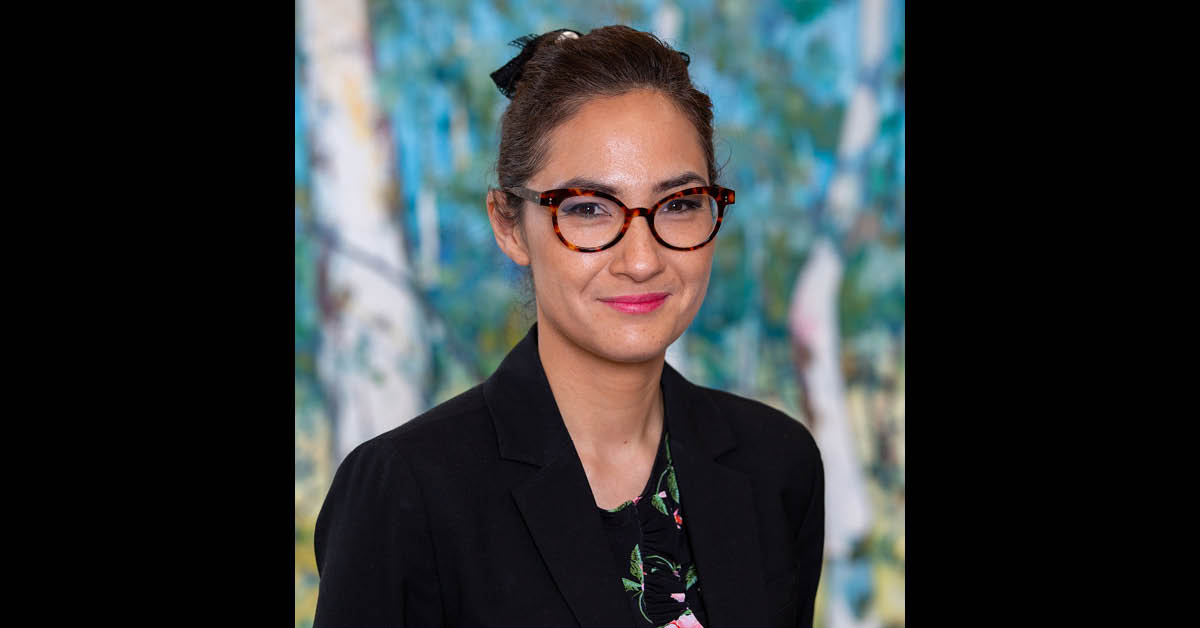News
Meet our researchers: Dr Michelle Waugh
Dr Michelle Waugh is a Research Fellow in CERA’s Health Services Research Unit. She is investigating the potential impacts of the implementation of digital technologies in health services.
What has your experience been before you came to be a researcher at CERA?
I studied optometry followed by a PhD with Professor Erica Fletcher at the University of Melbourne.
My PhD was a lab-based project investigating immune responses that impact the activity of microglia (a type of cell located throughout the central nervous system), and how this activity contributes to retinal degeneration.
At the time I joined CERA I was looking for a new challenge and had been involved in Melbourne University’s Biodesign Innovation program.
Under this program I was already looking at the way health services work within private and public hospitals with respect to how new medical device technologies are evaluated and integrated into existing services.
When I met Peter Larsen (Honorary Principal Investigator of CERA’s Health Services Research Unit), I found that so many of the ideas we discussed really aligned with my interests, especially the potential to ‘open the lid’ on generating and using data for continuous improvement in health systems.
What is the most innovative part of your research in health services?
Our research investigates the impact of digital health on health services and how it can help shape service improvement.
Since a lot of digital health tools have not yet had a chance to be integrated into the public health arena, this area has a lot of innovative potential.
There are always going to be challenges integrating new systems and technologies within public health systems. There are always risks that need to be managed with bringing in new processes into complicated systems like hospitals.
There is an exciting opportunity for researchers to work with hospitals to help with the process of integrating new technologies into their systems.
Ultimately, it is a collaborative effort: research can help inform health services improvement, and together we can work on projects that will have beneficial outcomes for patients in the future.

What do you think are the benefits of being a clinician-researcher?
The core of our research is aiming to improve existing services.
My experience as a clinician allows me to understand the clinical aspects of the conditions being treated in these services, and the practical aspects of how the systems work and why they work that way.
For example, a medical retina triage service and a glaucoma triage service are run differently because the conditions and data evaluated for the purposes of triaging are different in nature.
Without being a clinician, it might be more difficult to understand why the systems operate the way they do.
Why do you think it’s important to conduct research into improving eyecare services?
Research to improve eyecare services has the potential to not only improve care for patients but also help clinicians be more effective, and so it’s a really important research area.
Also, there is a lot more focus on translational research these days: applying practical solutions that can positively impact patients directly.
Additionally, it’s mutually beneficial for health services and research institutions to work together and enable cross-pollination of knowledge that will benefit both clinicians and researchers.
Ultimately, these collective efforts will lead to better outcomes for patients.
